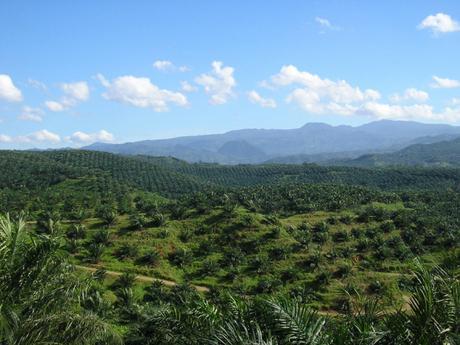
Working with SAFE, climate scientist Stephen Hardwick found that palm oil plantations are on average 6.5 degrees Celsius hotter that primary (never logged) rainforest. This disparity means the difference between life and death for sensitive species like termites and earthworms that play a drastically important role in the rainforest ecosystem by controlling the rate at which things decompose. Even lightly logged forest was 2.5 degrees hotter than primary forests. In these forests, Hardwick found that the hotter it got, the more water trees used and the more vulnerable they became to droughts. This discovery casts doubt on the eco-friendliness of selective harvesting – a method of logging that in which only trees above a certain size are felled and which was previously perceived as sustainable.
“That doubt that was furthered by studies showing how the extra, unclaimed logs left behind in selective harvesting are actually doing harm to the environment. Living trees suck CO2 out of the air, but dead trees actually release it. The significant number of dead trees in partially logged rainforests could be emitting more carbon than was previously thought, potentially nullifying what air quality improvements result from not completely cutting a forest down. This oversight could mean that partially logged forests (which make up 30 percent of rainforests worldwide) thought to be carbon sinks are actually sources of CO2 emission, and suggests that global calculations for CO2 are wrong 30 percent of the time.” More at: cleanmalaysia.com
GR: Here’s another study finding that logging is bad for forest ecosystems and it is bad for global climate. It’s time to stop.

